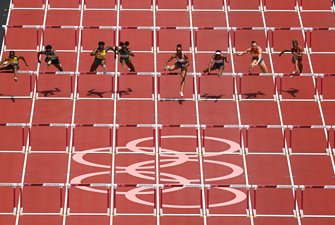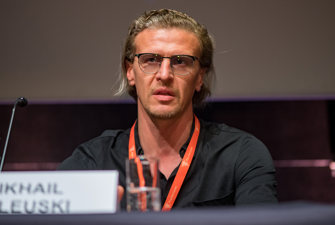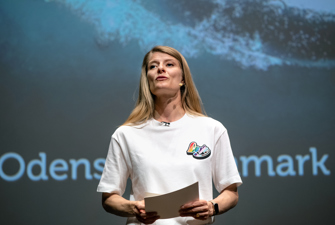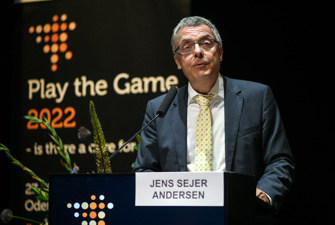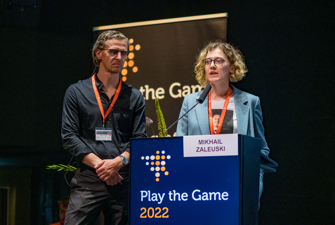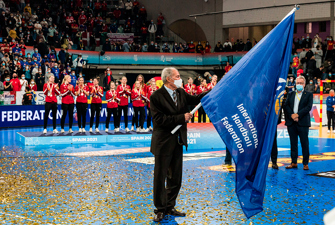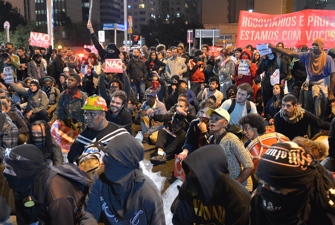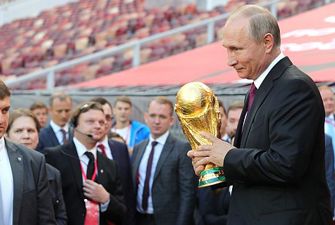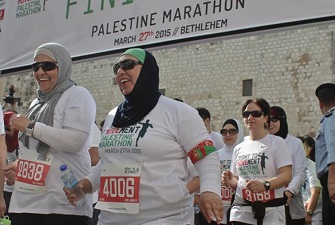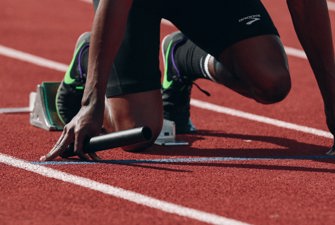Why democracy matters in movement and sport cultures
"Why should we insist that sport and democracy must be linked?" asks Jens Sejer Andersen in this essay in which he discusses the fundamental ideas behind Play the Game.
When as a very young journalist destiny took me on a visit to Gerlev Sports Academy on Zealand, one hour’s drive from the Danish capital, Copenhagen, I was soon drawn into what appeared as a journalistic goldmine.
At this place in the late 1980s, the teachers and students worked intensely with all the aspects of sport that you would never hear about in the media; in particular, the historical, political and cultural aspects of sports. They rediscovered and redefined a Danish tradition that goes back to the late 19th century when gymnastics and rifle shooting became essential elements of a democratic awakening in the countryside, interwoven with education, political activism, cooperative industry and – singing.
The ideas that amazed and inspired me there later became the foundation for local journalistic training courses which later again became the international Play the Game initiative. And it is a special pleasure for me that during Play the Game 2015 two of the pioneers in the redefining the way we think about sport, Ove Korsgaard and Henning Eichberg, will give short presentations on some of the fundamental ideas that link the practice of sport with democratic action.
Though I am pretty sure they would both find my memory of what I learned and the way I summarise it here simplistic, I will leap into giving my version of some basic ideas behind Play the Game.
The most important question is why at all we should insist that sport and democracy must be linked? After all, sport has proved a very useful tool for authoritarian regimes in the past – and still does. Think of Berlin 1936, Buenos Aires 1978, Beijing 2008.... and the recent debates about Sochi 2014 and Baku 2015.
An impulse to move
Sport as we know it today is a relatively new phenomenon in human history, dating back only some 150 years. Other eras gave rise to other body cultures, such as the traditional games of the peasants or the nobility’s dances and equestrian vaulting. The permanent factor is that we have a body that gives us an impulse to move, which is turned into a form of movement that produces images of the norms and ideals that guide our individual and collective lives at any time. The predominant movement culture, its norms and ideals are engraved into our bodies and minds, starting the day we are born.
It is no coincidence that we talk about sports disciplines, because sport like other movement cultures serves to discipline us, and there is nothing wrong about that as such. When we use our bodies, we also activate some potentially dangerous emotions: anger, frustration, aggression. The idea of having rules in modern sport is to keep these feelings under control, so the boxing fight or the hockey game does not end up in blasts of violence or even death. This was not always so; in other centuries and other cultures ‘sport’ could be extremely violent and death an expected outcome.
To sum it up: If you think that a ball game is merely a game about a ball, you may have got it wrong. Sport and our movement culture broadly speaking is an intense, never-ending battlefield about the values and norms that guide our lives.
The power over the values
Obviously those who define and decide about these values have a tremendous power. In my view, this power is much too important to leave it in the hands of small groups of mostly elderly men in the international political, sports or media elite. Every sports participant, every athlete, is entitled to decide about her or his own sporting life and enjoy the fullest possible freedom to choose and realise the values that she believes in.
The ultimate responsibility for practising this freedom of choice of course rests with the athlete herself and must be carried out with due consideration for others.
In theory, there is a direct link between the individual athlete and the top of the international governing body through a system of national federations and representative democracy.
In real life, the international federations work in splendid isolation from their athlete members, and the most basic requirements for offering democratic rights to the members are often inexistent: like transparency, freedom of expression and public communication based on a something as apparently simple as ‘truth’.
The search for truth
Competitive sport has one fundamental quality: it produces truth, and it does so through a dialogue between bodies. The quest for truth – who is the better player, who is the fastest woman, which team performs better – may actually be one of the most important qualities we can adhere to sport.
Unfortunately, there are very few mechanisms to ensure dialogue and seek a broadly accepted truth outside the sports field, in the corridors of power – among those of us who work as sports officials, administrators, managers, observers, researchers, reporters. On the contrary, the sports community has a love for mythology and undocumented beliefs that goes hand in hand with an impressing ability to generate money from public or commercial sources. Perhaps truth is not profitable?
Money talks, but most often it does not tell the truth. International sport is learning this the hard way since around 2010 where all kinds of taboos have been broken, especially regarding corruption, mismanagement and abuse of power.
The impact of truth
Having followed the domestic and international sports debate for close to 30 years, I can still become surprised to see the impact that comes with truthful information, and how it influences sports politics and management. Sometimes willingly, sometimes after fierce resistance. Sometimes sooner, sometimes later.
So I do believe that the best service we can render if we really want sport to play a positive role in our daily lives, our communities and our world, is to do our best to establish some sort of truth.
Truth is of course not a simple thing. It often takes a lot of work to get close to it, you may not be able to hold it, it is subject to doubt and to debate, it can be hard to describe, and often you have to take a fight over it.
This is what our work is about, and in that spirit we encourage you to Play the Game.



